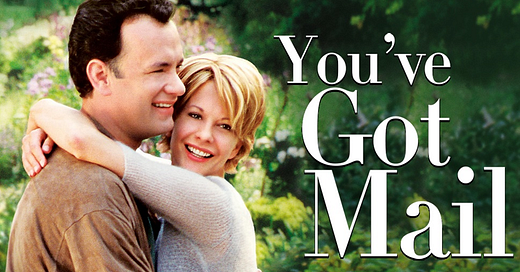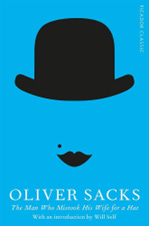By Fred Bruning
Nov. 3, 2024
I’m still not sold on email.
Oh, come on, you will say – now it’s email you’re after? In 2024?
As a Newsday reporter, I once had occasion to visit New Yorker magazine writer John Seabrook sometime after he conducted a much-discussed email “interview” with Bill Gates, the Microsoft co-founder, who, at that point, hadn’t been interviewed very often.
Nice, upbeat young guy, Seabrook, or he was in 1997, and I enjoyed our lengthy conversation in his Tribeca loft where, at one point, he abruptly stood on his bed and pointed to a picture of the Adirondacks mounted close to the ceiling so I could see exactly where he recently had been hiking.
The story idea – so hopelessly naïve I can’t imagine selling it to an editor, let alone getting a piece into the paper at 3,184 words – amounted to, “What’s the big deal about the internet?”
Even in 1997, the answer should have been clear: a really big deal, you schnook.
At some point Seabrook indulged my skepticism about this new email thing – electronic messaging had only recently become popular; the movie, “You’ve Got Mail,” was a year away – and he agreed, ok, I get the point, “you wouldn’t want to get bad news by email.”
Well, we are way past that now, aren’t we?
College applicants get rejected by email – Ivy League? You? Not a chance.
Similarly, writers may be told electronically that their latest effort is deficient in every literary, intellectual and aesthetic aspect, and that they should peddle it elsewhere – good luck.
Especially unsettling? The doctor sends a message with lab results that begins, “Ok, try to stay calm. It’s probably nothing.”
Alarming, too, is correspondence with “Sad” in the subject line followed by word that good old Harry – nice smile, lots of fun, give you the shirt off his back, loved chili dogs – will not be at the next reunion.
There is something exasperating, don’t you think, about firing up the trusty PC not knowing if you are simply going to be scammed by some rascal promising an “auto breakdown kit” or “Thomasville sleeping chair” or learn another classmate is, involuntarily, being dropped from the active rolls.
Am I right?
What brought all this to mind was a story in the New York Times about Oliver Sacks, the late neurologist and writer, whose book, “Awakenings,” led to a 1990 movie of the same name.
I’ve been interested in Sacks since another of his best-sellers, “The Man Who Mistook His Wife for a Hat,” about people with rare perceptual problems, was staged as a 1995 play at the Brooklyn Academy of Music.
“Incredible,” I said to Wink, my wife, leaving the theater. “The things that can happen.”
“Terrifying,” she said. “I could end up your Mets cap.”
In the Times, Bill Hayes, who was Sacks’ partner for six years before the author died at 82 in 2015, notes that the neurologist was a devoted letter writer – friends, family, colleagues, admirers – until nearly the end.
“We are in his mind, in his thoughts, in the heat of the moment, as he bangs out letter after letter on a typewriter or with a fountain pen (Oliver never owned a computer or sent an email or text),” Hayes wrote.
Typewriter!
Fountain pen!
Computer, no interest!
Email, the same!
Doesn’t your heart sing?
When I taught journalism for a few years at Stony Brook University, I would tell students to interview subjects only in person or by phone.
Email is an imperfect form, I declared, and lacks the spontaneity of face-to-face encounters or even phone conversations.
“Isn’t email more efficient?” someone might ask.
“Efficiency is overrated,” the instructor might respond.
Yes, the impressive John Seabrook scored big with his online Bill Gates exchange all those years ago and, more to the point, I use email every day (lots) and this latest sermonette is distributed via Substack, whatever that is. (Magic, for all I know.)
Still I’m saying hooray for dear Oliver Sacks, the typewriter, the fountain pen, the human voice.
Too late.
Email, remote and indifferent, will continue the favorite.
I hope the news is good.
Previous Invisible Ink posts at: https://fredbruning.substack.com/archive







Sue -- Cards count -- except those that come with signatures pre-printed. Nope. Cheers/fb
Gwen -- My mother, Winnie, had beautiful handwriting as it was taught in her youth in NYC public schools. I could never figure out if I should go slanted or straight and still wander between the two. But thanks for overlooking the inconsistency. Cheers/fb